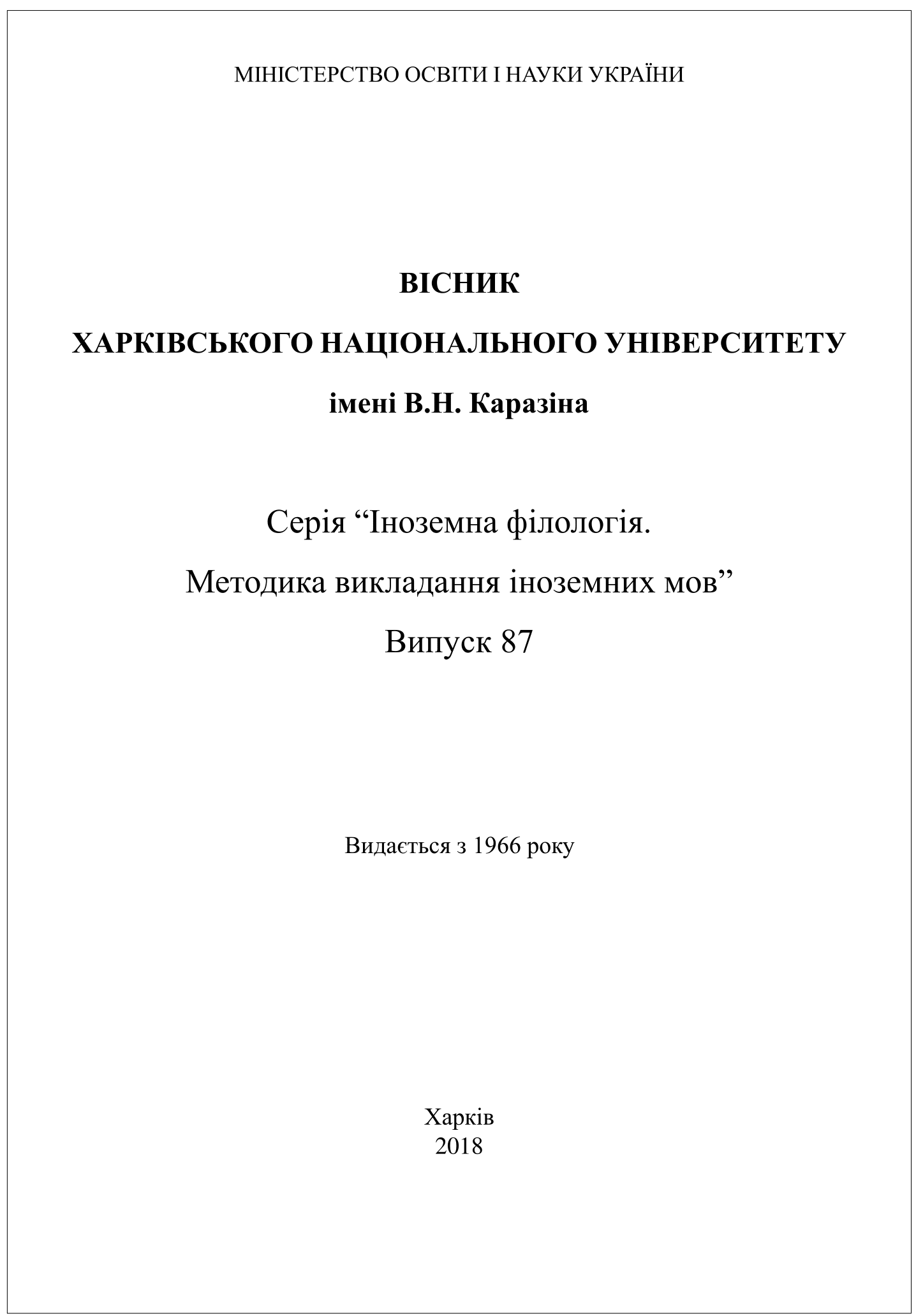Лінгвокультурна специфіка китайської поезії та способи її компенсації при перекладі
Анотація
Проблема співвідношення мови і культури відносно давно користується увагою в лінгвістиці. Останнім часом вона придбала в ній особливу актуальність у зв'язку з інтенсивним розвитком напряму лінгвокультурології. У статті розглядається одна із сторін проблеми «мова і культура», а саме вплив мови на культуру на матеріалі лінгвокультурної специфіки древньої китайської поезії. Власне лінгвістична специфіка цієї поезії обумовлюється тоновим і ізолюючим ладом китайської мови, що призводить до зрідненості рими і деякої монотонності ритму, а також ієрогліфічною писемністю, стимулюючою лексичну полісемію і нерозчленовану значення мовних одиниць. Культурна специфіка китайської поезії, у свою чергу, обумовлена наявністю характерних тільки для Китаю традиційних віршованих жанрів, присутністю в поетичних текстах культурно-релевантних імен власних і слів-реалій, а також наявністю в китайській поезії особливих образних (семіотичних) кодів. В сукупності ці чинники призводять до чималих труднощів при перекладі іншими мовами, особливо на європейські. У статті аналізуються деякі способи нейтралізації цих труднощів при перекладі на російську і англійську мови. Встановлено, зокрема, що найчастіше перекладачі прибігають до прийомів конкретизації, запозичення і аналогового перекладу. Зовнішньою формою твору (ритм, рима) їм найчастіше доводиться жертвувати (трансформація опущення).
Завантаження
Посилання
Alimov, I.A., and Kravcova, M.E. (2014). Istoriya kitayskoy klassicheskoy literatury s drevnosti i do XIII-go veka. Poeziya, proza. Ch. 1. [History of Chinese Classic Literature from Antiquity and to XIIIth Century. Poetry, Prose. Part 1]. Saint Petersburg: Peterburgskoe Vostokovedenie Publ.
Rebrii, O.V. (2014). Conceptions of Creativity in Translation. Kohnitsiia, Komunikatsiia, Dyskurs. – Cognition, Communication, Discourse, 9. Available at: https://sites.google.com/site/cognitiondiscourse/vypusk-no9-2014/rebrij-a-v




